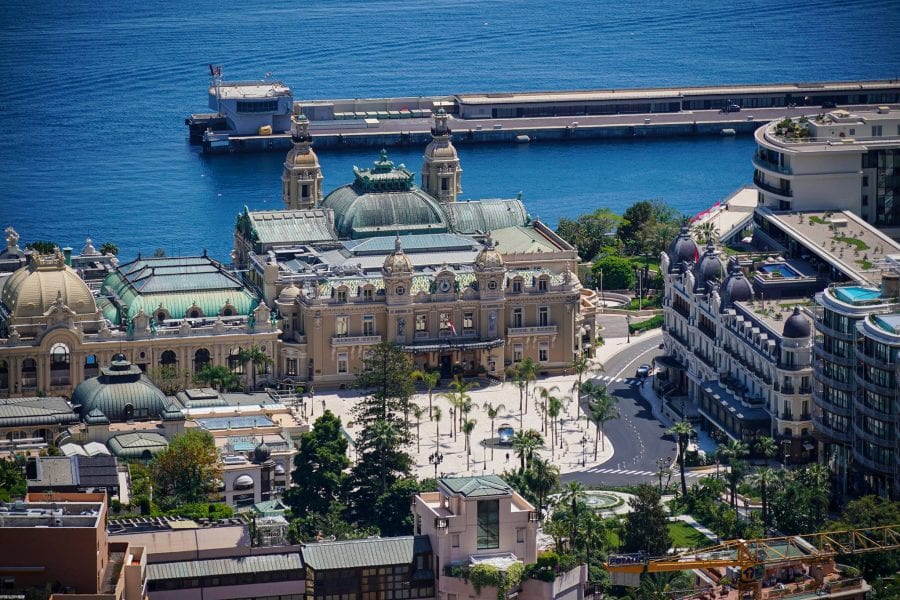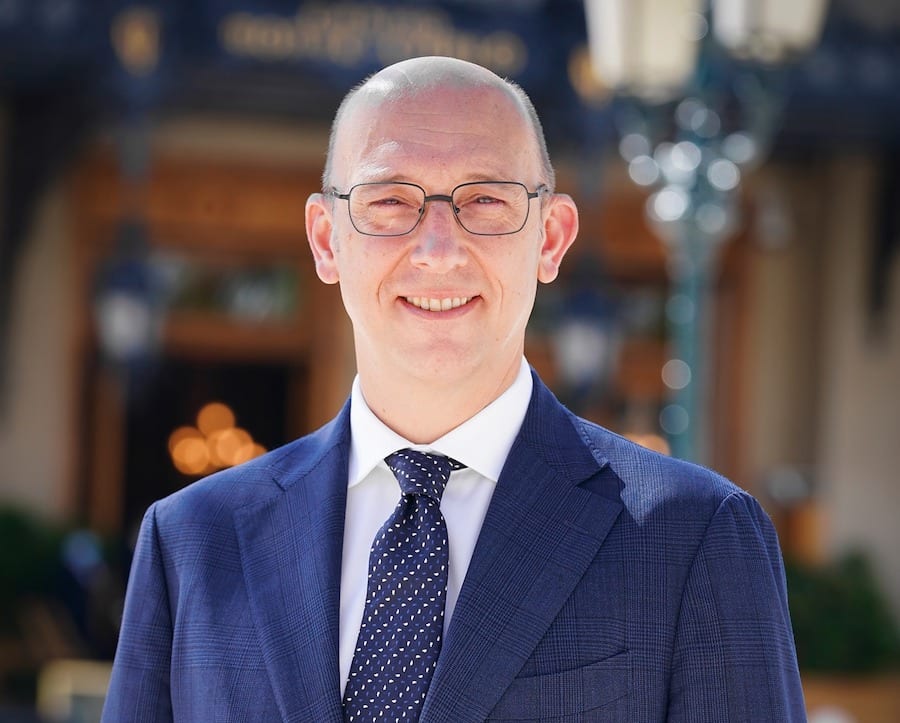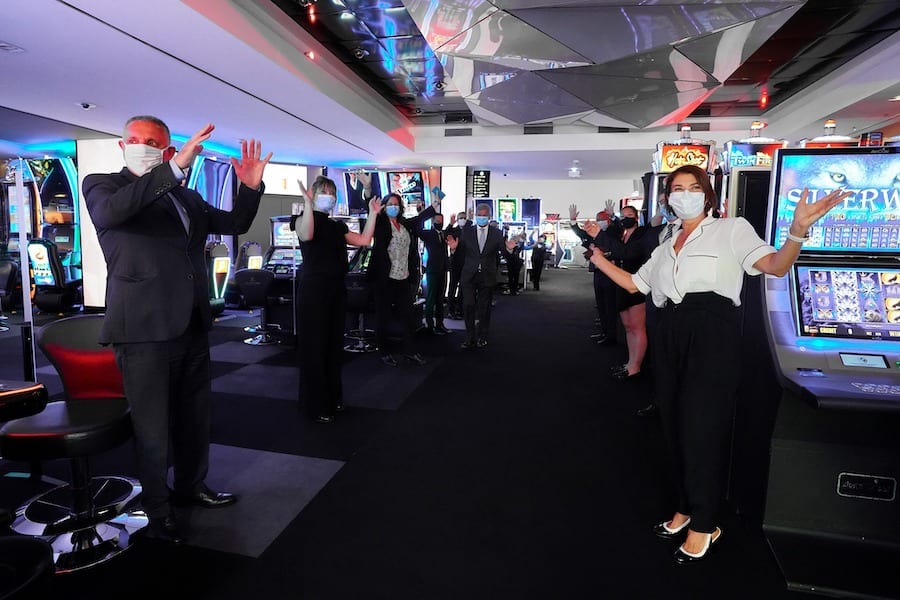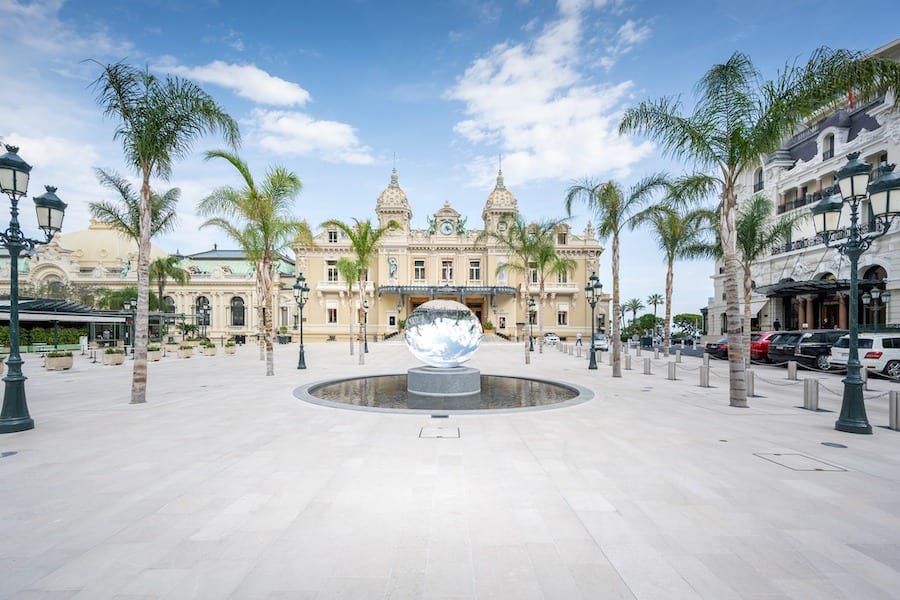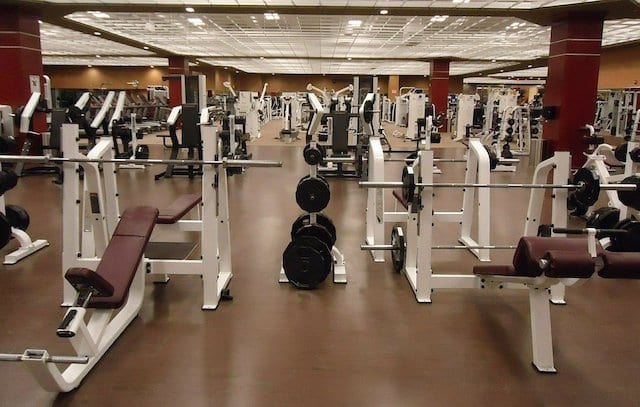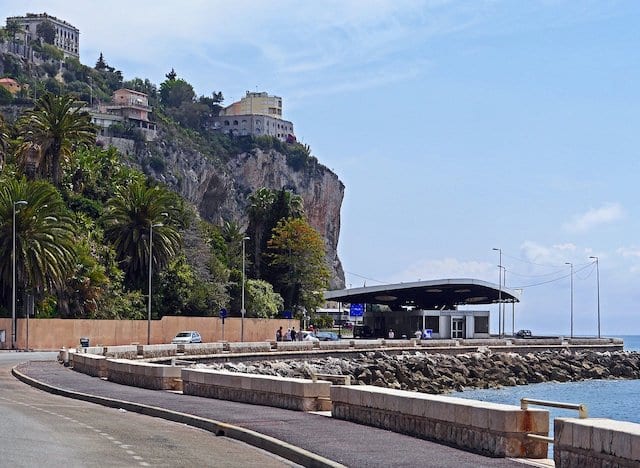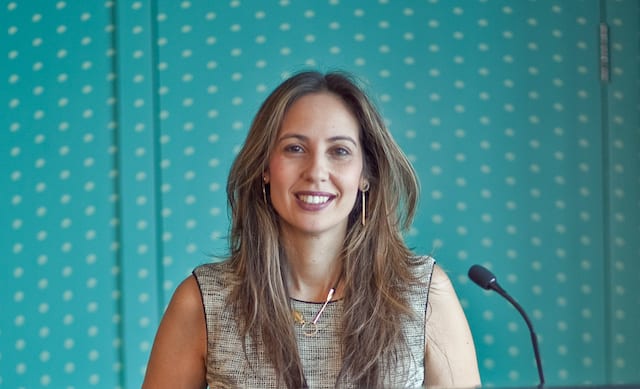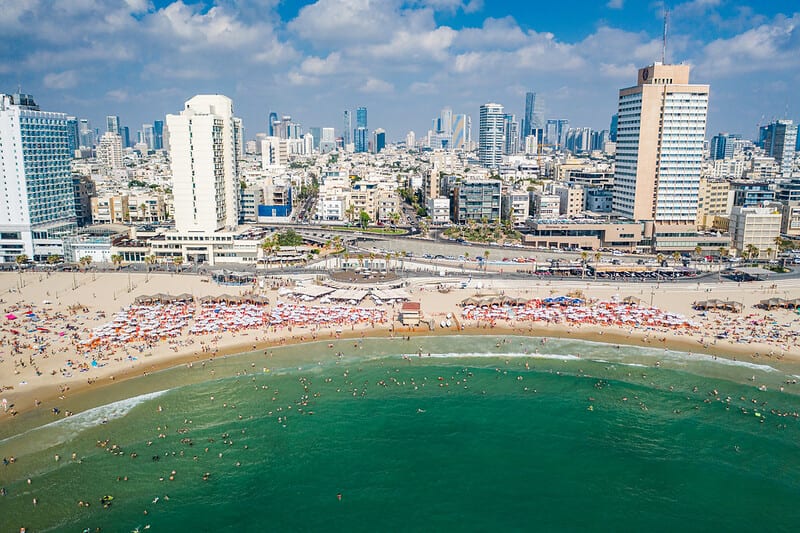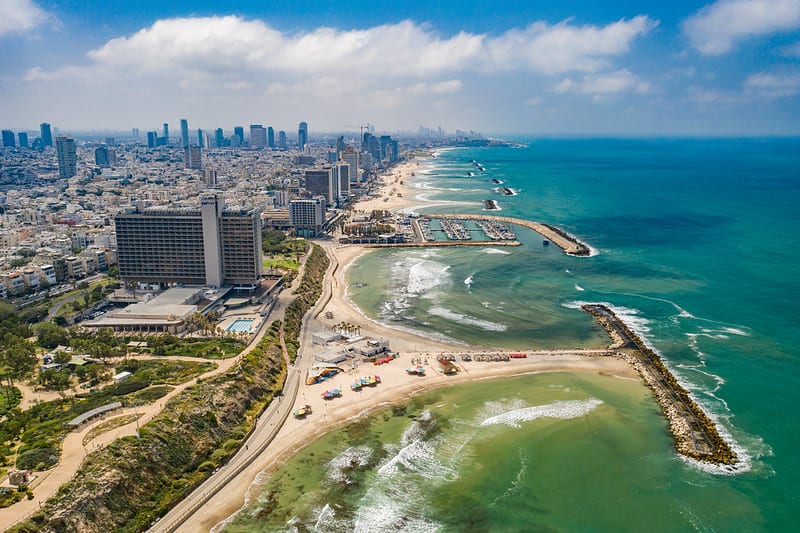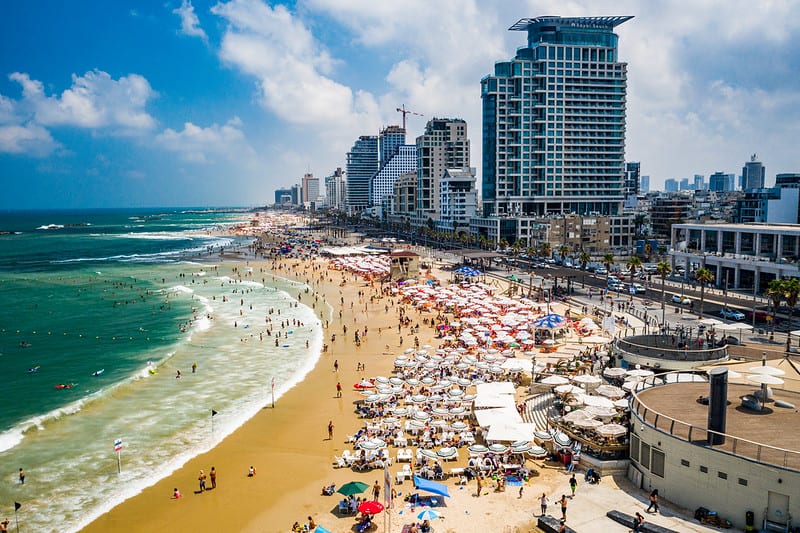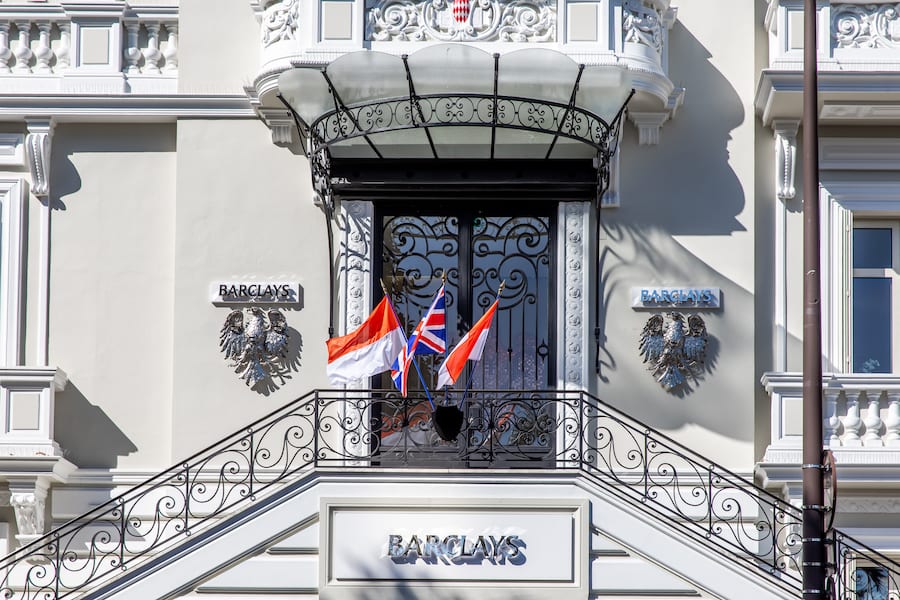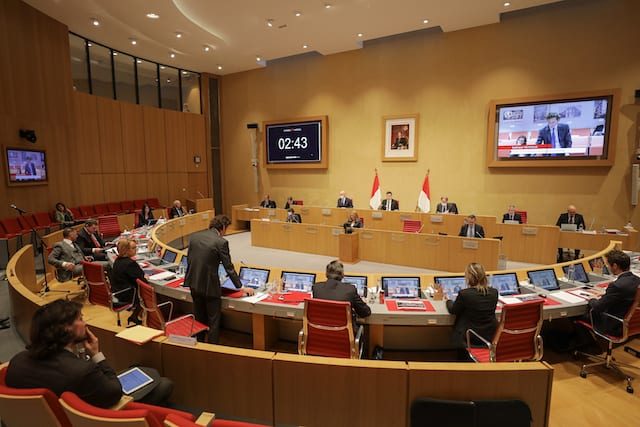The dice are rolling once again at the Casino de Monte-Carlo, after the coronavirus crisis forced its closure for the first time since World War II.
To understand more about how Monaco’s most famous landmark has adapted to strict health requirements brought about by Covid-19, Monaco Life spoke to Pascal Camia, Executive Vice President of Gaming Operations of Monte-Carlo Société des Bains de Mer.
Monaco Life: The 2019-2020 fiscal year was impressive for SBM’s gaming sector, with an 8% increase in revenues – or €239.8 million, slot machine sales up by 11% to €113 million, and table games turnover increasing by 5% to €113.5 million. What contributed to this increase?
Pascal Camia: As indicated by the SBM Deputy President Jean-Luc Biamonti in his press conference of 28th May, we were, until the first week of March, experiencing a record year. It was a year that marked a return to growth after numerous investments made in all sectors of activity of the Monte-Carlo Société des Bains de Mer Group, including gaming.
In terms of gaming, this investment consisted of revitalising, in particular, the offer and positioning of Monaco’s casinos – a strategy that was initiated by Mr Biamonti five years ago and supported by our 1,000 employees. The challenge – to adapt gaming in Monaco to the international evolution of the industry, customers and their expectations.
In order to achieve this, we put people at the centre of our strategy with a new managerial approach; we identified new customer profiles and determined their expectations; we further developed our strong High Roller customer base, especially from Asia; and we diversified by welcoming ‘Fun Players’ – local and international players looking for entertainment at table games and machines in a stimulating and fun setting (bar, music, light…).
We also thought of the non-players – those who simply want to see the legendary Casino de Monte-Carlo, purchase a souvenir at the shop and a refreshment at the Café Rotonde, or try their luck at a slot machine in the Renaissance lounge – all with the aim of generating additional turnover.
So, we repositioned and adapted our casinos to offer ‘The luxury of gaming’ at the Casino de Monte-Carlo for international customers, Fun players and High Rollers.
We developed our High Rollers offer through invitations to very exclusive evenings honoured by the presence of the Princely family and tournaments with high prize pools (€1 million) – these are unique experiences that cannot be bought. We also linked this offer to events such as the Formula 1 Grand Prix.
For the Fun Players, our offer is focussed on the heart of the Casino of Monte-Carlo, in the legendary Europe Hall, and outside these walls with the concept of nomadic casinos offered on the Blue Gin terrace at the Monte-Carlo Bay Hotel & Resort, for example, bringing the game to the players.
We also introduced the concept of ‘The Casino that loves you’ at the Café de Paris Casino to seduce local customers from Cannes to San Remo with a dedicated offer including VIP evenings, free parking, and special attention throughout the experience.
It is a successful strategy which has been recognised by our peers. The Casino de Monte-Carlo was voted Casino of the Year in 2019 and 2020 at the Global Gaming Awards (during the ICE in London). This year, we also received the Award for ‘Best UK & Europe 2020 game operator’ awarded by the International Gaming Awards (London).
How much of the casinos’ clientele is international?
Our clientele is mainly international at the Casino de Monte-Carlo, coming from Western Europe, Russia, the Middle East, the Americas and Asia.
At the Café de Paris Casino, the clientele is mainly local.
Despite the reopening of the French border on 15th June, things will not immediately return to normal. How will this affect the casinos?
We know that the situation will be difficult for the Casino de Monte-Carlo until the borders reopen, or even beyond that for a few months depending on the evolution of crisis. However, we remain optimistic about European customers.
We expect local customers to return to the Café de Paris Casino from this first weekend of reopening (5th June).
What protocols have the casinos put in place to ensure the safety of guests?
Our ambition is to become the safest destination in terms of health in Europe. For this, thanks to the impetus of Deputy President Jean-Luc Biamonti, who participated in the Games Strategy Committee during confinement, we worked on a precise and complete reference document on health measures for the casinos. This document was given to the authorities who allowed us to open our casinos in phase three of the deconfinement.
This is not the case for table games in France and for all establishments in Italy and Great Britain.
We have therefore implemented a protocol on different axes:
. New layout of game rooms with more space between tables
. New arrangement of players at game tables
. Limited number of players at each table
. Reduction of the slot machine section
. Positioning of plexiglass walls between each player around the tables and between the slot machines
. New customer flows in the casinos to avoid people crossing and to control flows
. Provision of sanitary kits to staff and customers
. Wearing of a mandatory mask
. Staff training in these new measures
Do you think Monaco’s low of rate of infection and strict hygiene controls in general will put the casinos in a good position to welcome international guests once again?
This situation is indeed reassuring for customers. We already had the image of a “safe” destination, and the way the crisis has been managed in the Principality will strengthen this image of Monaco as a cocoon, a bubble.
With all the security measures implemented in our establishments, on a human scale – with our sense of hospitality and customer safety as a priority – Monte-Carlo Société des Bains de Mer is not only the most exclusive destination in Europe but also the safest. And that goes for the games.
What do you think of the newly renovated Casino Square, which no longer allows cars to pass in front of the Casino de Monte-Carlo?
The square is a huge success and its architecture, while reviving its origins, is part of the new urban planning patterns of world capitals. Today, public space is being returned to pedestrians. The areas given to the automobile in the 20th century are gradually being replaced by that given to pedestrians and strolling. This is what the new Place du Casino offers with its 3,000 m2 of secure space.
However, it was important to preserve the specific features of the square with, in particular, access for our VIP customers by car in front of the entrance to the Casino de Monte-Carlo. It was also important that these VIPs be allowed to park their beautiful cars in front of the establishment.
These two specificities of the Casino de Monte-Carlo have been preserved. But our customers will feel even more privileged now because access to the Casino de Monte-Carlo by car is exclusively reserved for them.
Top photo: © Direction de la Communication / Michael Alesi
Casino de Monte-Carlo reopens with new safety measures
